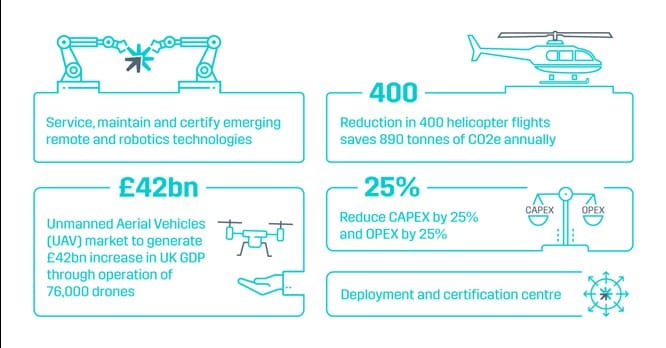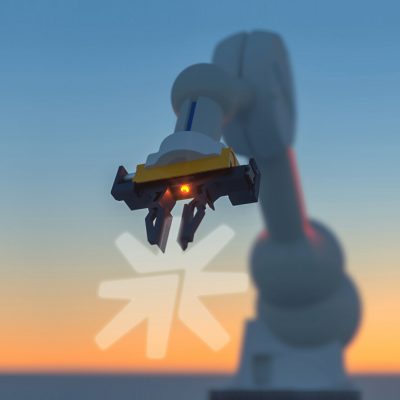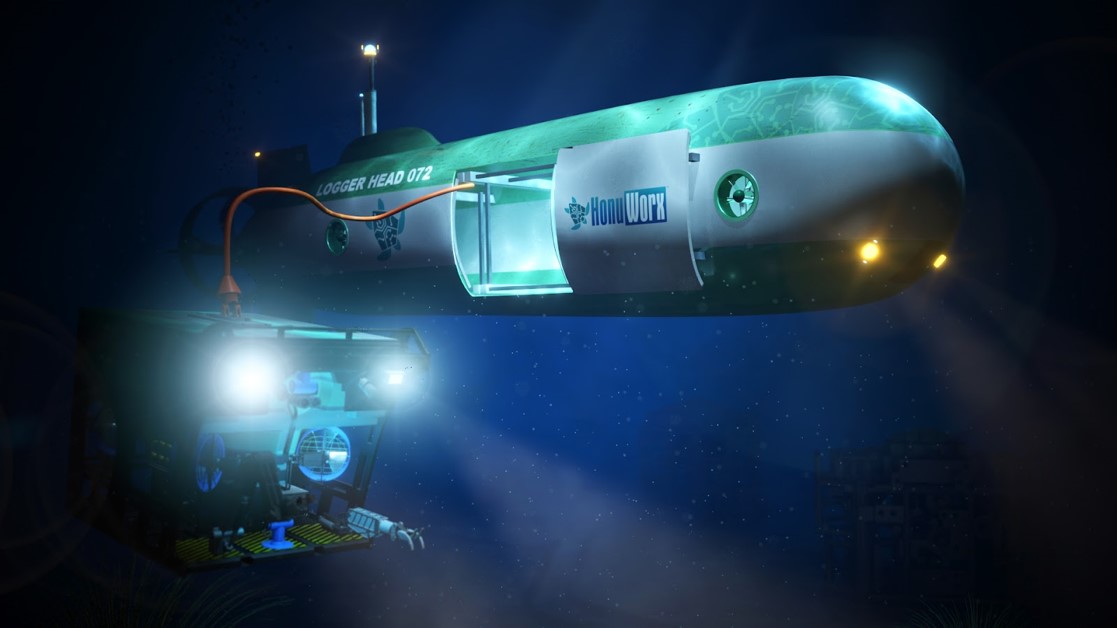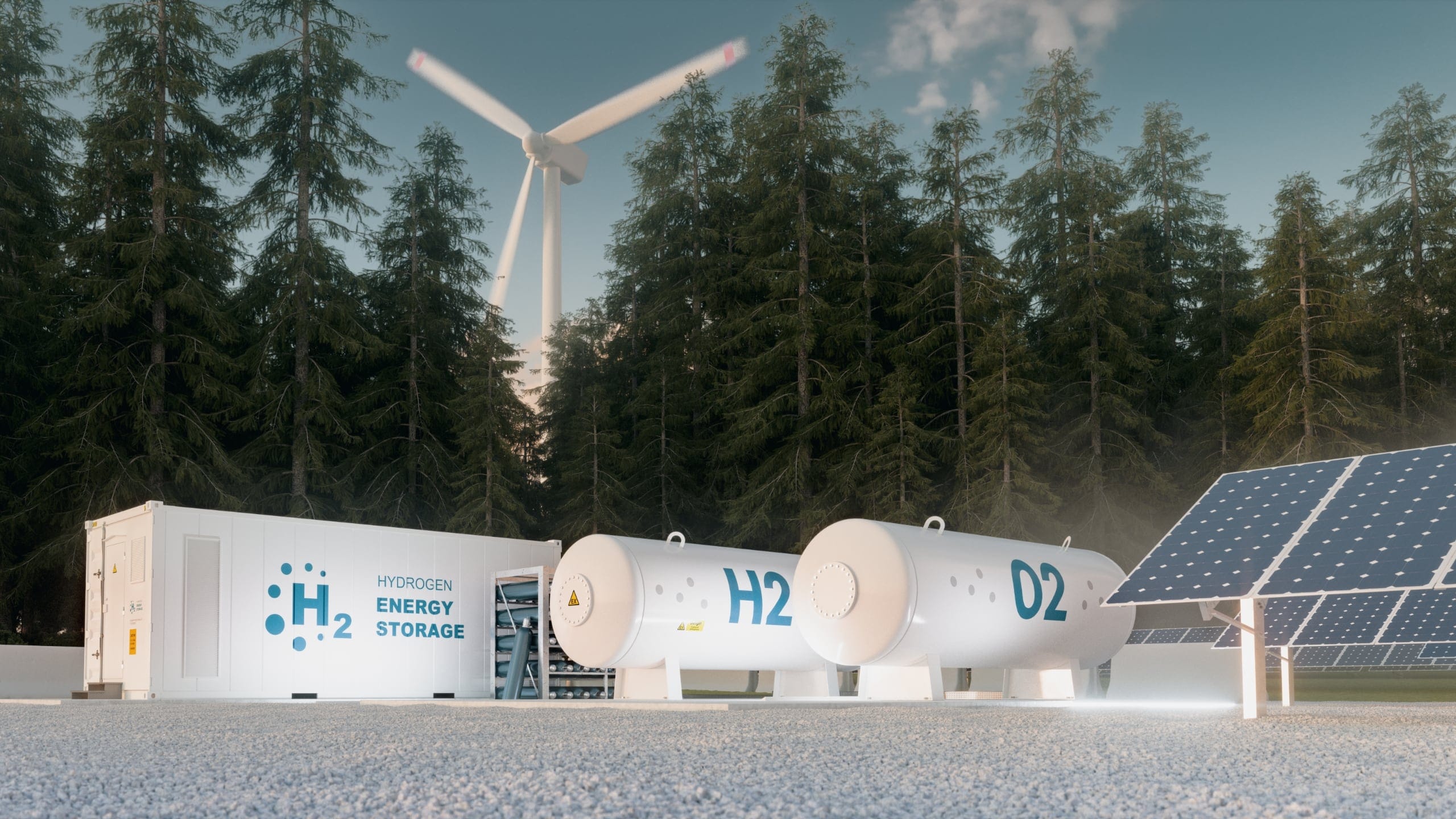NEWS & INSIGHTS | article
Offshore Low Touch Energy Robotics and Autonomous Systems: Enabling next generation robotics and autonomous systems

Offshore Low Touch Energy Robotics and Autonomous Systems (OLTER) will provide the benchmark for development and use of reliable, on demand, standardised autonomous systems.
Overview
Robotics, Artificial Intelligence (AI) and Autonomous Systems are revolutionising offshore energy inspection and maintenance. They have the potential to improve safety, reduce cost and carbon footprint, and provide greater resilience to exogenous shocks such as a pandemic.
The ultimate aim of the OLTER project is to deliver a Robotics and Autonomous Systems (RAS) Industrial Service in Scotland which supports the Offshore Energy Industry and Supply Chain to scale and commercialise robotics as a service.
Project partners
This 36-month project consists of two phases – phase 1 and 2 will focus on development of Industry Standards in robotic vehicle design, operation and communication under a “Competency Hub”, whilst also establishing a “Data Hub” operating under formal Data Governance Agreements with a preliminary Tech Stack architecture on which to collect data and grow Machine Learning capability. Future phases will cover establishing an Industrial Centre with physical testing and services.
Creating an environment of trust is essential for deployment at scale. It will ensure more rapid sharing of data, accelerate deployment of technologies and create incubator facilities for the next generation of RAS led companies. Organisations need a technical centre/focal point from which they can seek and provide in-depth advice and formulate industry-led consortia. The service will allow industry to build trust in robotic technologies more quickly and will stimulate the scale-up of such systems.
The skills and knowledge created will put Scottish/UK organisations at the forefront of international competence in this fast-moving digital based arena.
The Service will be based on two hubs;
- A RAS Data Hub consolidates the architecture of cloud-based processing competencies and interface standards to enable multiple vendors, researchers and innovators to develop and use interoperable tools working with data from the industry participants.
- A RAS Competencies Hub quantifies and qualifies the physical ways in which RAS vehicles may interact within their environment, from the skills necessary to operate, to the tools/skills necessary to certify and repair.
Through RAS, operational emissions are immediately reduced, e.g., helicopter and vessel mobilisations, ultimately enabling wider remote operations and optimised manning practices. However, the primary net zero impact is derived through applying the collected data to optimise new facility design, reducing the technical cost of operating industrial assets and reducing the cost of energy production. OLTER Hi-fidelity Digital Services enable optimisation against manufacture, construction, operation and decommissioning, lowering net zero footprints against materials and cost, unlocking global competitiveness in the net zero energy market.

Cross-sector programmes like OLTER are a way to achieve the aspiration of Scotland in becoming a net zero society by 2045, tackling day-to-day activity related emissions, as well as larger “energy source” emissions.
At this programme’s core, are the elements essential for industry confidence in net zero operating technologies, i.e. evidence that through investment, commercial opportunity is catalysed. OLTER is designed to address this need, where service products are launched, where access to RAS talent and specialist facilities draw companies and capital investment, assured of returns through sponsorship and momentum, culminating in accessible opportunities for all. Direct benefits include:
- Job creation and workforce elevation
- High-end digital and RAS literate competencies, learned through doing, pivoted toward inclusive growth opportunities
- Expansion of the Offshore Digital Energy Economy
- Generated by open access to Autonomous Inspection Data, collected by RAS vehicles
- Competitiveness in an Offshore Net Zero Energy Market
- Reduced Emissions
- Reduced Operating & Maintenance Exposure – Human Safety and Cost
- Leading Edge Next Generation Energy Infrastructure – Design and Operation
- Marketable Intellectual Property (IP) relating to RAS Integration & Operation

![]()

![]()

![]()
Net Zero Technology Transition Programme
In August 2021, the Net Zero Technology Centre was awarded £16.5million from the Scottish Government’s Energy Transition Fund. The award, match-funded by industry, will drive seven projects:
- Energy Hub
- Hydrogen Backbone Link
- Alternative Fuel Gas Turbines
- Offshore Low Touch Energy Robotics and Autonomous Systems (OLTER)
- Advancing Remote Operations
- Data for Net Zero (D4NZ)
- Offshore Energy Digital Architecture
The projects are designed to develop the skills, technologies, and infrastructure that Scotland needs to deliver an affordable green economic recovery.
We don’t simply want to deliver net zero for the UK, we want to seize the full economic benefits of doing so in a global market with huge export potential – and maintain that advantage long into the future.
Subscribe for the latest updates




